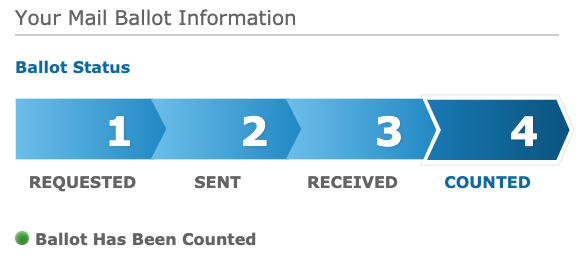
Do pros prevail over cons? The allowance to use cannabis legally is great news but the dose really matters.
The forbidden fruit is sweet. This adage is definitely true about a lot of issues, and marijuana is
not an exception. In order to improve the situation with this drug abuse, the number of the US
states legalized the use of marijuana for adults. To everyone’s surprise, the outcomes after the
first years were rather positive. For instance, in 2014, in the state of Washington, the number of
law violations decreased by 63% while marijuana-related convictions reduced by 81%. A good
sign, isn't it? In addition, Drug Policy Alliance reported that the state managed to collect $83
million in marijuana tax revenues. However, everything is not that great.
Debatable statistics
The statistical data shows that among 2.4 million people who began using marijuana during
2014, nearly 78% were aged from 12 to 20 years old. Moreover, every day nearly 3300 teenagers
use this drug for the first time. It means that the adolescence is the most critical period. However,
statistics itself is vague without the proper understanding of the outcomes, which are more than
frightening. Many scholars call the attention to the following educational consequences of using
marijuana in the adolescence: the significant decrease in IQ, low grades, and exam scores, and a
low probability to graduate from a high school and enroll in a college. Furthermore, regular
usage of marijuana leads to lower life satisfaction because addicted people usually face
difficulties with the employment and, as a result, earn less than healthy employees.
At the same time, various studies show that legalizing weed doesn't necessarily lead to an
increase in its use. Furthermore, a number of scholars cannot find any link between IQ decrease
and weed in the adulthood. However, when it comes to teenagers, the state of affairs can be
completely different.
Adolescents can be at risk
According to the press release of Alcohol & Drug Abuse Institute, regular usage of marijuana in
the adolescence leads to severe behavioral problems. The teenagers tend to leave the family
home as earliest as well as to deal with an immature sexual activity, which can result in the
unplanned pregnancy with all ensuing consequences. Regular adolescent cannabis smokers
usually fail to reach an understanding with relatives and friends who don't use drugs. Eventually,
the teenagers may become thieves as the price of marijuana is high and they need money to pay
for it. Scientists extensively explored the effects of marijuana on health on the basis of the
available data from 1993 to 2013 and have come to unfavorable conclusions - nearly 10% of
regular cannabis smokers become addictive.
Furthermore, the usage of marijuana almost doubles the chances of car accidents. The effects on
health are also negative. Regular smoking significantly increases the cardiovascular disease risk
and may probably lead to cancer. The depression, anxiety, and other mental diseases may occur
as a result of the regular cannabis smoking. Consequently, in addition to social problems, weed
may influence the adolescents’ health negatively. However, these facts relate only to regular and
uncontrolled consumption of cannabis.
But what about dealing with marijuana from time to time? Various studies show that sporadic
smoking can improve memory and decrease anxiety. All in all, Paracelsus argued that everything
is poison and everything is medicine, depending on the dose. Obviously, legal cannabis is easier
to monitor in terms of age control because illegal drug dealers usually don't care about the age of
their customers. If so, legalization brings more good than harm while the only pitfall is an
inefficient regulatory policy of the US government, which could possibly learn from the
experience of Uruguay. In this country, residents can buy cannabis starting from 18 years old on
several conditions - a person should be enrolled in a registry and isn't allowed to purchase more
than 10 grams per week (40 grams per months as a maximum). It is done not to promote
marijuana but to compete with the informal market of weed. The good news is that a month ago
the state of Washington put into action an omnibus marijuana bill, which aims to improve a
regulatory policy and simplify the purchase and sale of weed. At the same time, other states
haven’t yet followed an example of Washington.
So, maybe the US could use better regulation in terms of age restrictions and the amount of
cannabis has given to customers in general and, as a result, people could benefit from the
consumption of cannabis while the country would gain additional profit?
By: Serhii Shevchenko
it would be better to ban it all over the world ...